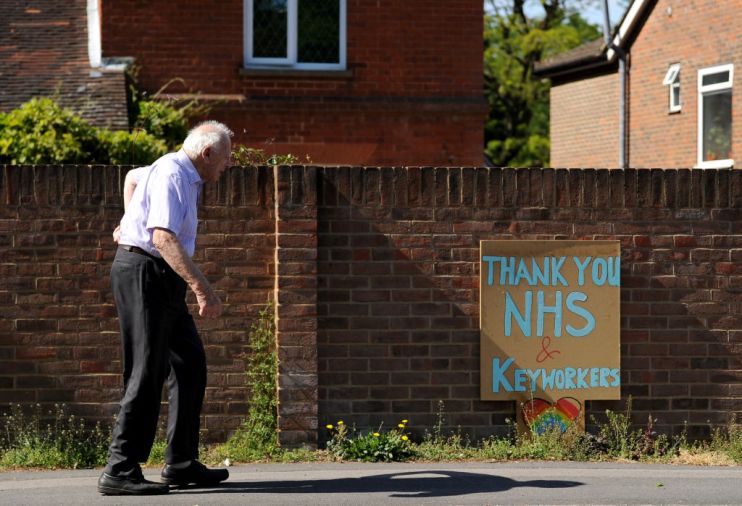IFS: Tax hikes not enough to fix broken social care system

A leading economic think tank has warned hikes to national insurance and dividend taxes announced by prime minister Boris Johnson today will not be enough to tackle chronic problems in the UK’s social care system.
The Institute for Fiscal Studies warned the increase in funding for social care will fall short of reversing deep cuts to the system enacted in the austerity years.
The ringfenced funds, generated by a 1.25 percentage rise in NI and dividend taxes, applied in April 2022, will be “insufficient” to address “big cuts in spending and hence service provision during the 2010s,” said Max Warner, research economist at the IFS.
The organisation’s chief also said increases to NI would be primarily shouldered by younger workers, instead of pensioners, who will benefit from the tax hike.
Paul Johnson, director of the IFS, said: “This remains a tax which will be overwhelmingly borne by workers with very little coming from pensioners. This continues a trend seen over many decades of the burden of tax being shifted towards earnings.”
The head of the Resolution Foundation, another economic think tank, also criticised the NI rise as a means of protecting wealthier households.
Torsten Bell, chief executive of the Resolution Foundation, said: “Boris Johnson has thrown low tax conservatism out of the window, raising taxes on the working-age population to fund a big increase in NHS spending, and protect the assets of richer households from the costs of social care.”
The government announced today £11.2bn of funding for the Department of Health and Social Care in the next year, and an additional £9bn the following year. Around £1.8bn each year is earmarked for social care, the IFS said.
Thanks to today’s announcements, “the top line is that between 2018−19 and 2024−25, the NHS England budget will have increased by the equivalent of 3.9 per cent per year in real-terms,” the think tank estimated.
However, the IFS estimated the additional funds allocated to the NHS would be enough to pay for prolonged pandemic pressures on the health system.
Using the extra funds to boost NHS capacity by 10 per cent should return waiting lists to pre-Covid levels within three to four years.
UK tax burden highest on record
Today’s tax hikes, combined with freezing the income tax thresholds and increases to corporation tax, will push the UK’s tax burden to its highest ever level.
The IFS said the latest tax changes, taken with measures announced in this year’s March budget, will add a further £39bn to the UK’s tax burden.
Government expenditure is also set to hit a new peacetime record if the Johnson administration delivers on its spending promises.